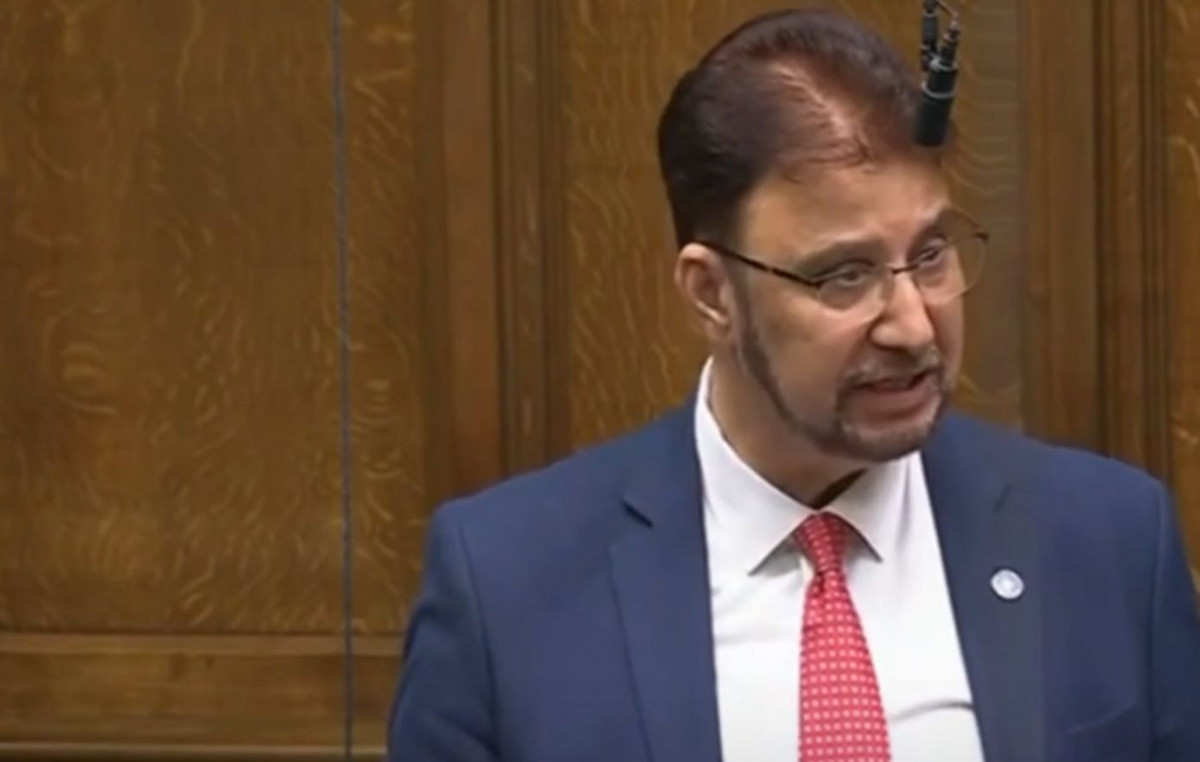Petrobras has reached a debt limit of US$ 60 billion and, with that, the company triggers a new policy that, in its words, “will make the company distribute much more dividends.”
The announcement will increase pressure on the oil company, according to Adriano Pires, from the Brazilian Infrastructure Center. “If Petrobras is making as much profit as it says, why doesn’t it use that capital to hold fuel prices down?”
The company’s financial statement is due to be published on February 23, and the assessment of experts is that, due to the rise in oil, profits will be quite high. This reinforces the governors’ thesis that the high price of fuel would be blamed on Petrobras itself, and not on ICMS, as the federal government maintains.
for being a publicly traded companyhowever, Petrobras cannot direct the profit intended for investors to make public policy, as explained by Priscila Yazbek, an economics analyst at CNN.
Petrobras follows market rules. Even if there is significant political pressure, the only way it can carry out public policies – such as using dividends to cut fuel prices, for example – is through renationalization.
Therefore, apart from the portion destined for the Union, it cannot change the balance sheet.
What the state-owned company can do in this regard is to use the part of the profit destined for the Union, one of its shareholders, to make a public policy in accordance with the guidelines that the government deems to be more valid, explains the analyst.
Yazbek also points out that “it’s always good to remember that when you put public money on one side, you’re taking it off on the other. This profit is not extra money: it is Union money that is already used for certain purposes.”
Petrobras’ price policy has been frequently mentioned in the discussion about the rise in fuel prices, which has been penalizing the pocket of Brazilian consumers and producers.
As a result, the government and parliamentarians have been thinking of ways to mitigate this movement without having to interfere in Petrobras’ strategy. For experts heard by the CNN analyst, however, all the ideas presented so far try to combat the consequences, and not the cause of this increase.
One way to fight the cause, according to them, would be to have made, in the past, investments in refineries, or funds aimed at containing these elevations.
Prices are rising with oil, and there are prospects for a rise throughout the year – these measures have a small impact on prices, and a large impact on the loss of revenue.
According to Adriano Pires, of all the PECs that are emerging, the one that is most likely to go ahead is the one presented on Thursday (3) by Carlos Fávaro (PSD-MT). The proposal creates mechanisms to control the price of fuel, but focuses on the price of diesel.
Why follow the international market price?
In these scenarios, a question that arises is: why does oil here in Brazil follow market prices? Priscilla explains:
- Oil is a commodity: commodities are raw materials, sold here and abroad. As they are imported and exported, you have to follow the international quotation;
- Brazil is not self-sufficient in fuel: it is only self-sufficient in oil extraction;
- Oil by itself does not fuel the car.: the country needs to refine the oil it extracts to turn it into fuel. Petrobras does not have the capacity to refine the entire commodity, nor to supply the entire market. Therefore, Brazil needs to import fuel and, consequently, follow the international price. If not, the country runs the risk of shortages;
- high investment: Extracting and refining oil is capital intensive. If Petrobras keeps holding prices, it starts to record a loss, and cannot invest to expand its refining capacity, as happened last year. A company alone would not be able to invest enough to have refineries and supply the entire market.
WE WRONG: Unlike what was initially reported, Petrobras reached a debt limit of US$ 60 billion this Thursday (3), and not US$ 60 million. The report has been corrected.
* Posted by Ligia Tuon
Source: CNN Brasil
I am Sophia william, author of World Stock Market. I have a degree in journalism from the University of Missouri and I have worked as a reporter for several news websites. I have a passion for writing and informing people about the latest news and events happening in the world. I strive to be accurate and unbiased in my reporting, and I hope to provide readers with valuable information that they can use to make informed decisions.







